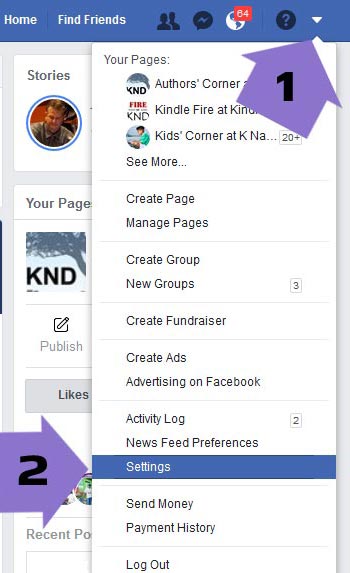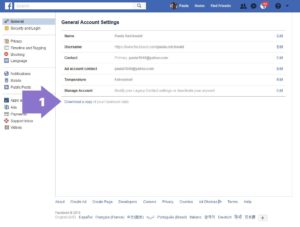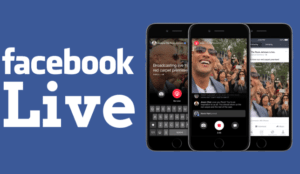Quick links, bringing you great articles on writing from all over the web.
Facebook is a strong tool in the author’s marketing toolbox. But did you know that there are three different types of Facebook pages you can create? Build Book Buzz explains the differences and how to tell which one is best for you.
~ * ~
Facebook profile, Page, or group? An author’s primer
 Of all the social networks you can use to help promote your book, Facebook might have the most potential for a few reasons.
Of all the social networks you can use to help promote your book, Facebook might have the most potential for a few reasons.
First, it gives you several ways to interact with your target audience. Second, it reaches a wider range of people than other social networks, and those users spend a lot of time on the site. Third, it offers affordable advertising options that, when implemented properly, can be effective.
For that reason, it’s important to understand the three primary ways you and your book can have a presence on that social network:
Profile
Page
Group
Do you have a Facebook profile, Page, or group — or any combination of the three? I’ve noticed many authors using the three interchangeably, as if they’re all the same.
They aren’t.
And when you’re unclear about whether you’ve got a profile, Page, or group, you’re going to be equally unclear about how to use each to its fullest potential.
If you’re confused, you’re confusing others, too
For example, an author recently emailed me about an online discussion. She thought she had seen it here on this blog; could I direct her to the right link? I clarified that it was in the Build Book Buzz Facebook group. Since she’s a member, I suggested she go to the group and scroll down to find it because it was recent.
Minutes later, she replied that she couldn’t find it.
I suggested using the group search box.
It didn’t take her long to come back and say that searching didn’t uncover it either.
That’s when the proverbial light bulb went on over my head.
“Are you searching the Build Book Buzz group or Page?” I asked.
“Whoops,” she replied. “I was on the Page.”
A profile, Page, and group all serve different purposes. Here’s a quick primer on each.
Read the full post on Build Book Buzz
~ * ~
If you liked this article, please share. If you have suggestions for further articles, articles you would like to submit, or just general comments, please contact me at paula@publetariat.com or leave a message below.
 Here’s how you can find and download what information Facebook has on you (and has probably shared with other people).
Here’s how you can find and download what information Facebook has on you (and has probably shared with other people). You will need to keep an eye open for the link email. Once you get the download link you only have a few days to download it or have to start the whole process over again.
You will need to keep an eye open for the link email. Once you get the download link you only have a few days to download it or have to start the whole process over again.
 Take food graters. We have one that was pretty cool. It was a circle on top of a catch pan that you could rotate around for the grating type you needed. Not your mother’s metal square thing that left a mess. But after spending waaaay too much time trying to grate some lime zest my daughter had the brilliant idea that we really needed a new one. Not technically the language she used but you get the point. Sure enough, there is this
Take food graters. We have one that was pretty cool. It was a circle on top of a catch pan that you could rotate around for the grating type you needed. Not your mother’s metal square thing that left a mess. But after spending waaaay too much time trying to grate some lime zest my daughter had the brilliant idea that we really needed a new one. Not technically the language she used but you get the point. Sure enough, there is this  Almost every single Indie author that I know is on Facebook. Most of us spend time trying to sell our books to our friends, and many authors I know still insist on spending time copying and pasting a generic post to 20 or 30 Facebook groups and hoping that it will get them sales. STOP. There is a better way.
Almost every single Indie author that I know is on Facebook. Most of us spend time trying to sell our books to our friends, and many authors I know still insist on spending time copying and pasting a generic post to 20 or 30 Facebook groups and hoping that it will get them sales. STOP. There is a better way. Of all the social networks you can use to help promote your book, Facebook might have the most potential for a few reasons.
Of all the social networks you can use to help promote your book, Facebook might have the most potential for a few reasons.